Understanding CQC Relays
CQC relays are pivotal components in the realm of electrical engineering, serving as critical elements in a wide array of devices. These relays are designed to manage electrical loads by allowing a low-power signal to switch a higher power circuit on or off through electromagnetism. The versatility of cqc relay products makes them indispensable in various applications, from household appliances to complex automotive systems.
Types and Features of CQC Relays
The cqc relay category encompasses a diverse range of types, each tailored for specific functions. Time delay, latching, solid state, and sequential relays cater to different circuit requirements. For automotive applications, relays are available in configurations such as 4 pin, 5 pin, 6 pin, and 8 pin, ensuring compatibility with various electrical systems. The construction of these relays often involves robust materials that contribute to their durability and reliability in various operating conditions.
Applications of CQC Relays
CQC relays are integral to the functionality of numerous devices. In the automotive industry, they are essential for controlling lights, starters, and other electronic components. In household appliances, these relays are used to manage power distribution, ensuring the safe operation of the equipment. Their role in industrial settings is equally important, where they are often employed in control panels and machinery to facilitate automated processes.
Advantages of Using CQC Relays
Opting for a cqc relay brings several advantages to electrical systems. Their ability to handle high-current circuits without a significant increase in input power makes them energy-efficient choices. The diversity in relay designs also allows for customization to meet specific circuitry needs, enhancing the overall efficiency of the devices they are incorporated into.
Materials and Construction
The materials used in the construction of cqc relays are chosen for their electrical conductivity and durability. Common materials include copper for the coil, silver alloy for contacts, and high-grade plastics for housing, ensuring that the relays can withstand the demands of their operating environments.
Choosing the Right CQC Relay
Selecting the appropriate cqc relay is crucial for ensuring the optimal performance of an electrical system. Factors such as the required current rating, voltage, and the type of load being switched are important considerations. Additionally, the physical size of the relay may be a determining factor in applications where space is limited. Accessories like relay clips are also available to support the installation and function of the relays within their systems.
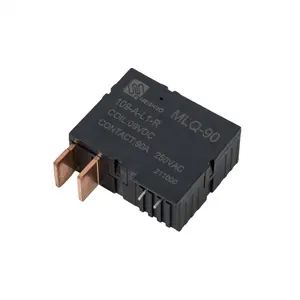
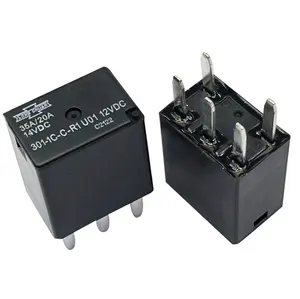

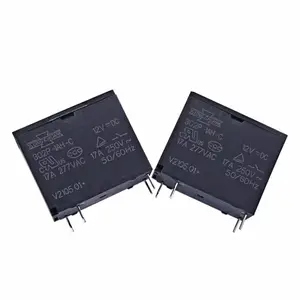





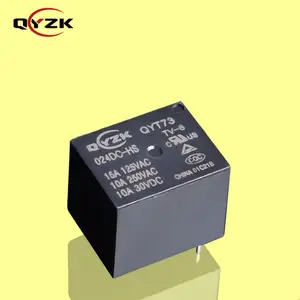


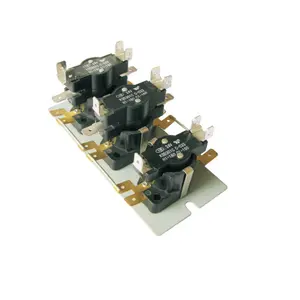

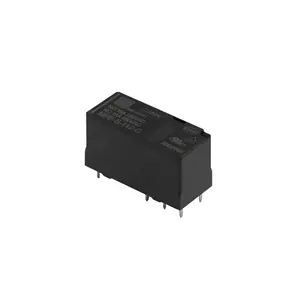
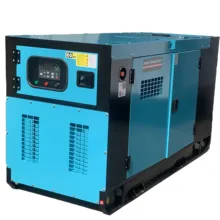

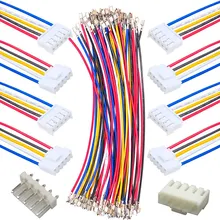

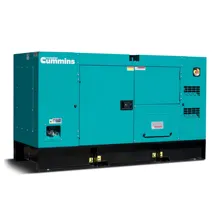


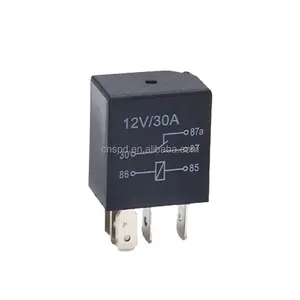




















 浙公网安备 33010002000092号
浙公网安备 33010002000092号 浙B2-20120091-4
浙B2-20120091-4